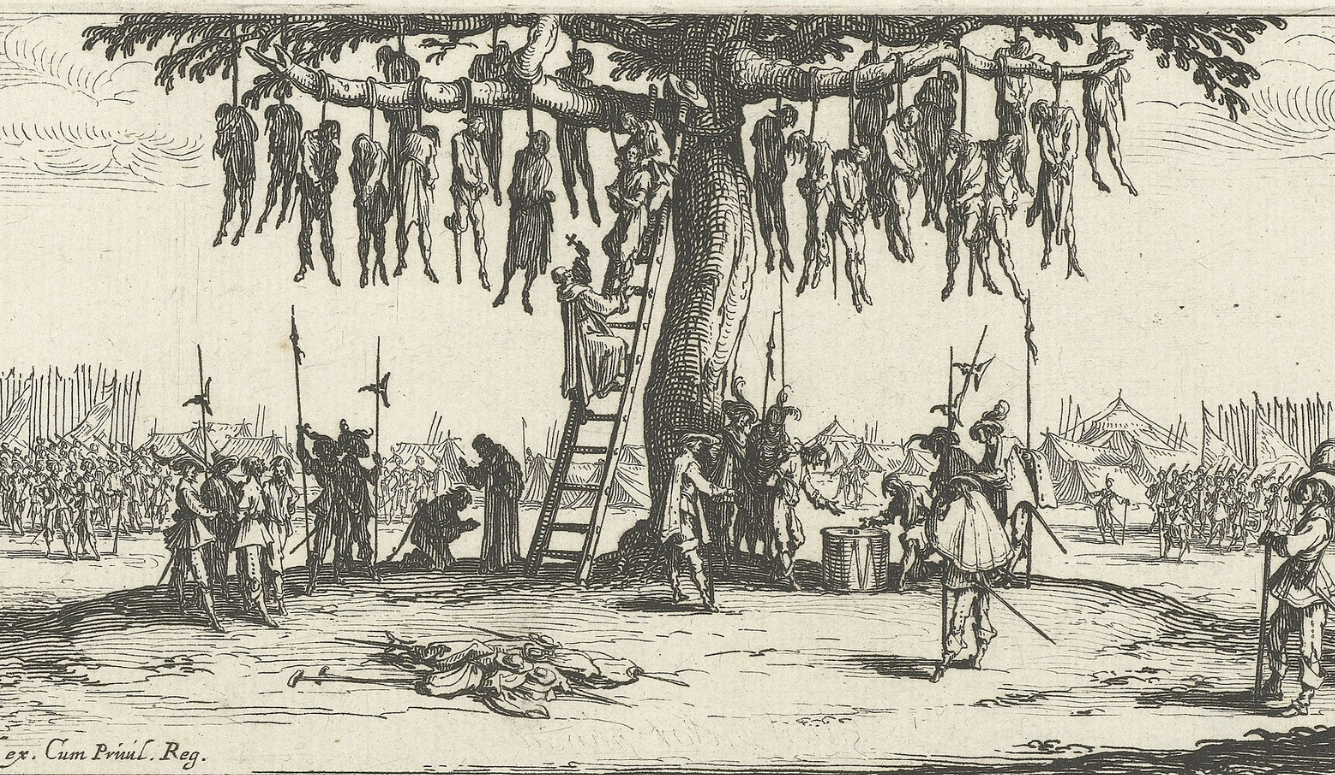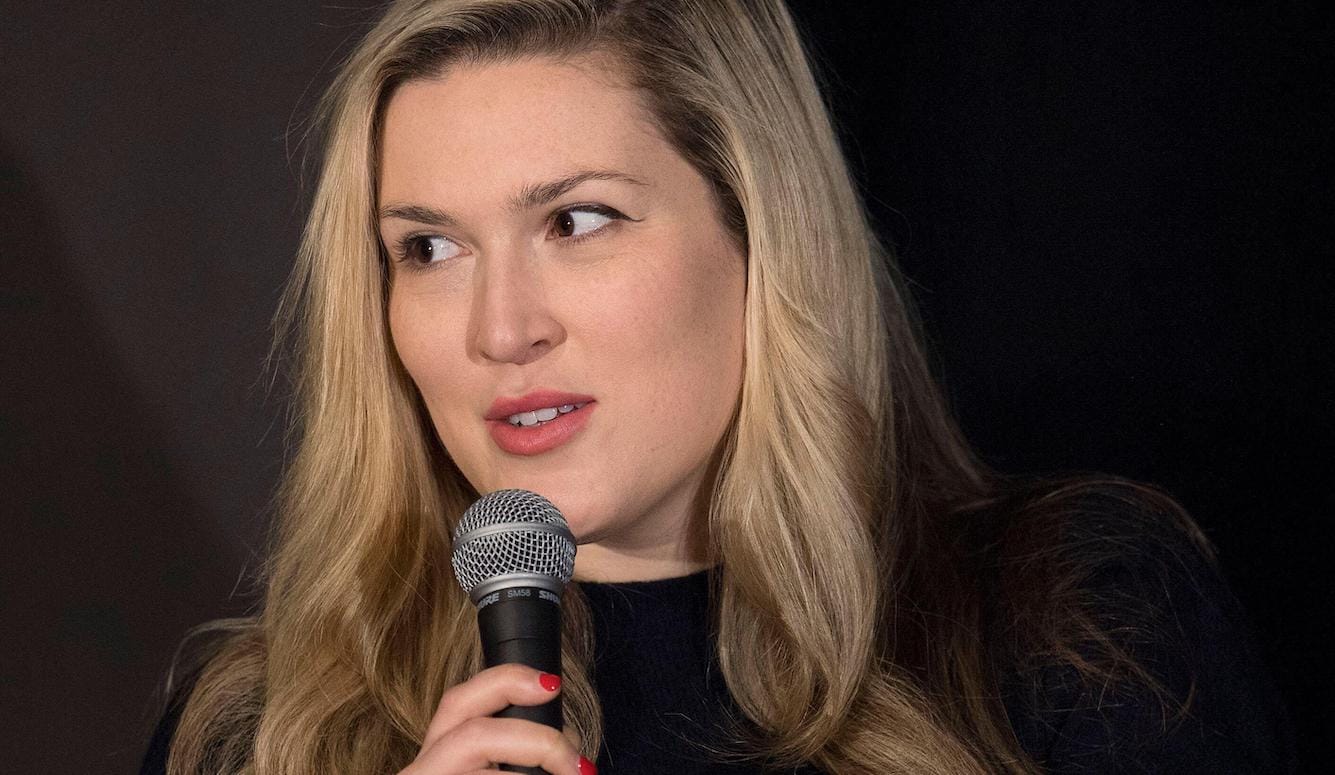Art and Culture
A Defence of Lionel Shriver: Identity Politicians Would Kill Literature if They Could
Shriver took aim at the devotees of identity politics, who occupy and conquer today’s university campuses.

Saul Bellow once described the experience of reading the literary quarterlies of the fifties and sixties, after their takeover by the academy. He recorded feeling “first uncomfortable, then queasy, then indignant, contemptuous and finally quite bleak, flattened out by the bad writing.”
If you have followed the events and aftermath of the recent Brisbane Writers Festival, you may have experienced a very similar emotional reaction. In this essay, I hope to arrest that sense of bleakness, but first, a brief summary is in order.
To put it uncharitably, Yassmin Abdel-Magied, a sensitive plant, had a tantrum during the keynote address by Lionel Shriver. Her ire was caused — or triggered, as the kids say — by what is a very conservative notion nowadays: writers of fiction can write about whatever they damn well please.
Shriver took aim at the devotees of identity politics, who occupy and conquer today’s university campuses. Recently, they have no-platformed controversial speakers, carved out intellectual “safe spaces”, and have now kicked off a panic about “cultural appropriation”. Shriver explained:
Those who embrace a vast range of “identities” — ethnicities, nationalities, races, sexual and gender categories, classes of economic under-privilege and disability — are now encouraged to be possessive of their experience and to regard other peoples’ attempts to participate in their lives and traditions, either actively or imaginatively, as a form of theft.
A fantastically stupid idea, yes, and one that betrays a reactionary contempt for a cosmopolitan and humanist ethos. It has real world implications, too: sushi is off the menu in the university cafeteria; there is a prohibition on the white man’s donning of a sombrero; and, worst of all, severe restrictions on the writing of fiction, which relies, unsurprisingly, on the author inventing, inhabiting and stealing the experiences of others.
No longer, however. Today’s moral puritans dictate that you may only tell a story if it is your story to tell. Literary segregation, in other words: white characters for the white authors, and gay experiences for the gay writers, and, well, you get the idea. Step across this line and you invite the charge of gross insensitivity at best, bigotry and racism at worst.
“Cultural Appropriation…This is why you’re racist.” https://t.co/I0P6Ji8EnQ #ThisIsWhyYoureRacist #edicsaa
— TJ (@TerahJay) September 17, 2016
Award winning author, Lionel Shriver accepts none of this, and rightly so. Hers is “a disrespectful vocation by its nature – prying, voyeuristic, kleptomaniacal, and presumptuous. And that is fiction writing at its best” she declared.
Her speech was a masterly takedown of the latest left-wing lunacy.
Yassmin Abdel-Magied was less than impressed, storming out of Shriver’s speech in the first few minutes. And for the professionally outraged, a thought unpublished or unexpressed is a thought wasted, and, lo and behold, her hissy-fit was transmogrified into an article at The Guardian.
Now, I know there has been a lot of criticism at Yassmin’s expense, and I won’t take more than my ration. In fact, I shall focus on the positives: her essay is nothing less than a masterwork of petulance and stupidity. One seldom finds the chaotic mindset of the social justice crowd so neatly encapsulated.
There is, of course, the complete unwillingness to engage with viewpoints that she finds disagreeable: “‘Mama, I can’t sit here,’ I said, the corners of my mouth dragging downwards. ‘I cannot legitimise this.'” A dramatic exit was a moderate and sensible policy, given that “the stench of privilege hung heavy in the air.”

Unlike those damn fiction writers with their imaginations, Abdel-Magied is the model of writerly etiquette:
I can’t speak for the LGBTQI community, those who are neuro-different or people with disabilities, but that’s also the point. I don’t speak for them, and should allow for their voices and experiences to be heard and legitimised.
And with this, she welcomes the annexation of literature by identity politics. Abdel-Magied even goes so far as to argue that Shriver’s style of disrespect “lays the foundation for prejudice, for hate, for genocide.” To avoid this, we must trade in our right to free expression and unfettered literary creation.
This literary kerfuffle signals the arrival in Australia of the new style of identity politics, imported from the USA. I had thought, with a bit of luck, we could have avoided the worst of it. After all, the fate of fiction is at stake, and that’s not too grandiose a way of putting it. Those who whine about cultural appropriation would kill literature if they could get away with it, or at least leave it sterile and unreadable. The social justice era will not produce a memorable novel, play or poem, unless it’s a satire at the movement’s expense.
Literary criticism, or what’s left of it, would suffer, too. The American writer Joseph Epstein used to tell a story about Allen Ginsberg, a story that I will unashamedly appropriate. At an award ceremony, the MC spoke at some length of the great work the Beat poet had done for the gay rights movement, and how he had made it easier for so many to come out and identify as homosexual. Ginsberg took to the microphone and remarked: “Thank you, but after that introduction, I’m not sure whether I am getting this award for my poetry or my cocksucking.”
I rather like this story, for it has a serious point: here is the dreary style of literary evaluation that will remain to us. Identity, as ever, will do the work of imagination and plot, but it will also corrupt and degrade critical standards, which would be based upon political whims and fatuities rather than artistic or aesthetic guidelines. Let us not risk entrusting literature, or anything else for that matter, to these vandals and fools.
Keep this in mind when you hear someone inquire: What, then, is permissible for fiction writers to write about? The answer should come in the form of a rebuke. What a contemptible question! It is a question asked by the censor, the theocrat and the bore, and we must cultivate our annoyance with all of them.
This should go some way towards making cultural appropriation not only a “passing fad”, as Lionel Shriver hopes, but an embarrassing and inconsequential one.






